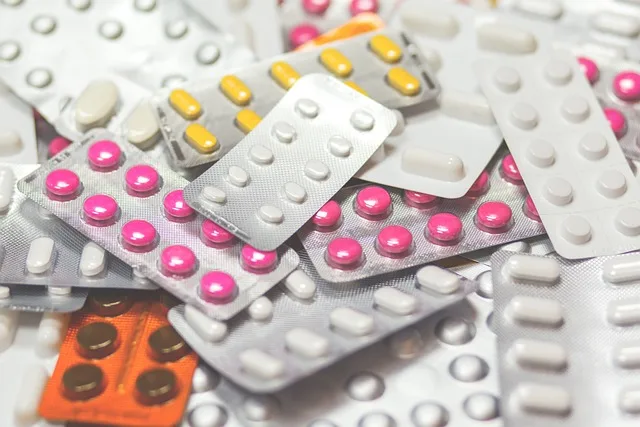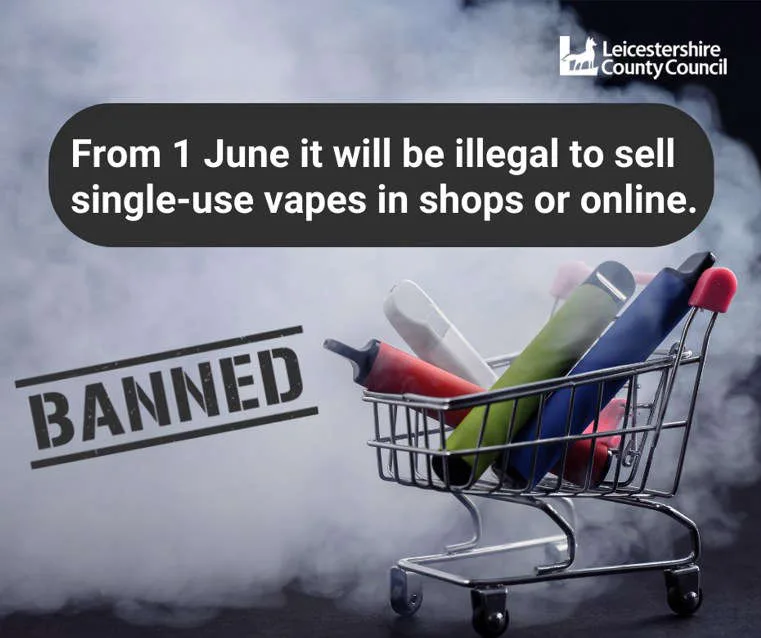
In a bid to reduce unnecessary spending, the NHS has stopped prescribing a range of medications that are readily available over the counter. This move affects treatments for minor ailments such as cough syrup, paracetamol, eye drops, and sun cream, which will no longer be prescribed by GPs.
Cost-Saving Measures
According to The Mirror, the NHS first proposed limiting prescriptions for minor conditions, a policy that received “broad support” during public consultations. The initiative aims to save millions annually by encouraging individuals to purchase low-cost treatments themselves instead of relying on NHS-funded prescriptions. NHS England has highlighted the substantial financial burden of treating minor conditions, including:
- Constipation: £22.8 million per year
- Athlete’s foot and fungal infections: £3 million per year
- Dandruff shampoos: £4.5 million per year
A 2015/16 report revealed that GPs issued 1.1 billion prescription items at a cost of £9.2 billion, with a significant portion allocated to medications that could be bought at a lower price from pharmacies, supermarkets, and even petrol stations.
NHS England’s Statement
NHS England stated:
“GPs issued 1.1 billion prescription items at a cost of £9.2 billion in 2015/16. The vast majority were appropriate but many were for medicines, products or treatments that do not require a prescription and can be purchased over the counter from pharmacies, supermarkets, petrol stations, corner shops, or other retailers, in some cases at a much lower cost than the price paid by the NHS.
“The NHS could save around £190 million a year by cutting such prescriptions for minor, short-term conditions, many of which will cure themselves or cause no long-term effect on health.”
Conditions No Longer Treated by the NHS
Since the policy was introduced in 2022, several common conditions are no longer eligible for NHS prescriptions. According to Riverview Surgery, a GP practice in Sunderland, the following 35 conditions are affected:
- Acute sore throat
- Conjunctivitis
- Coughs, colds, and nasal congestion
- Cradle Cap (seborrhoeic dermatitis – infants)
- Dandruff
- Diarrhoea (adults)
- Dry eyes/sore (tired) eyes
- Earwax
- Excessive sweating (Hyperhidrosis)
- Haemorrhoids
- Head lice
- Indigestion and heartburn
- Infant colic
- Infrequent cold sores of the lip
- Infrequent constipation
- Infrequent migraine
- Insect bites and stings
- Mild acne
- Minor burns and scalds
- Mild cystitis
- Mild dry skin
- Mild irritant dermatitis
- Mild to moderate hay fever/seasonal rhinitis
- Minor conditions associated with pain, discomfort, and fever (e.g., aches and sprains, headache, period pain, back pain)
- Mouth ulcers
- Nappy rash
- Oral thrush
- Prevention of dental caries
- Ringworm/athlete’s foot
- Sunburn
- Sun protection
- Teething/mild toothache
- Threadworms
- Travel sickness
- Warts and verrucae
Public Response and Implications
While the NHS believes this policy will free up funds for more critical medical treatments, the decision has drawn mixed reactions. Some patients appreciate the cost-saving benefits to the NHS, while others worry that those on low incomes may struggle to afford necessary medications. Critics argue that the policy could lead to delays in treatment for minor ailments, potentially causing complications that may require more expensive intervention later on.
Nevertheless, the NHS continues to emphasize that these changes are necessary to ensure long-term financial sustainability and to prioritize resources for more serious health conditions.
As the policy takes full effect, both healthcare providers and patients will need to adapt to the new guidelines while considering the broader impact on public health and individual well-being.



